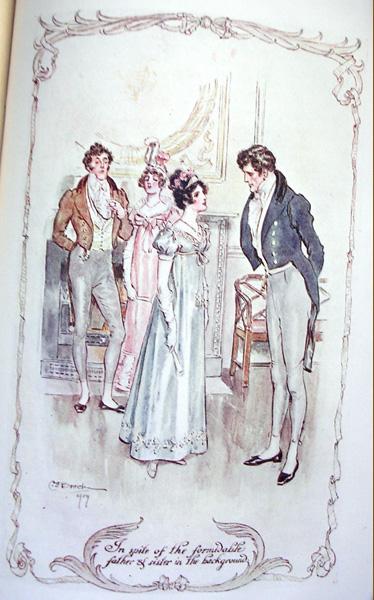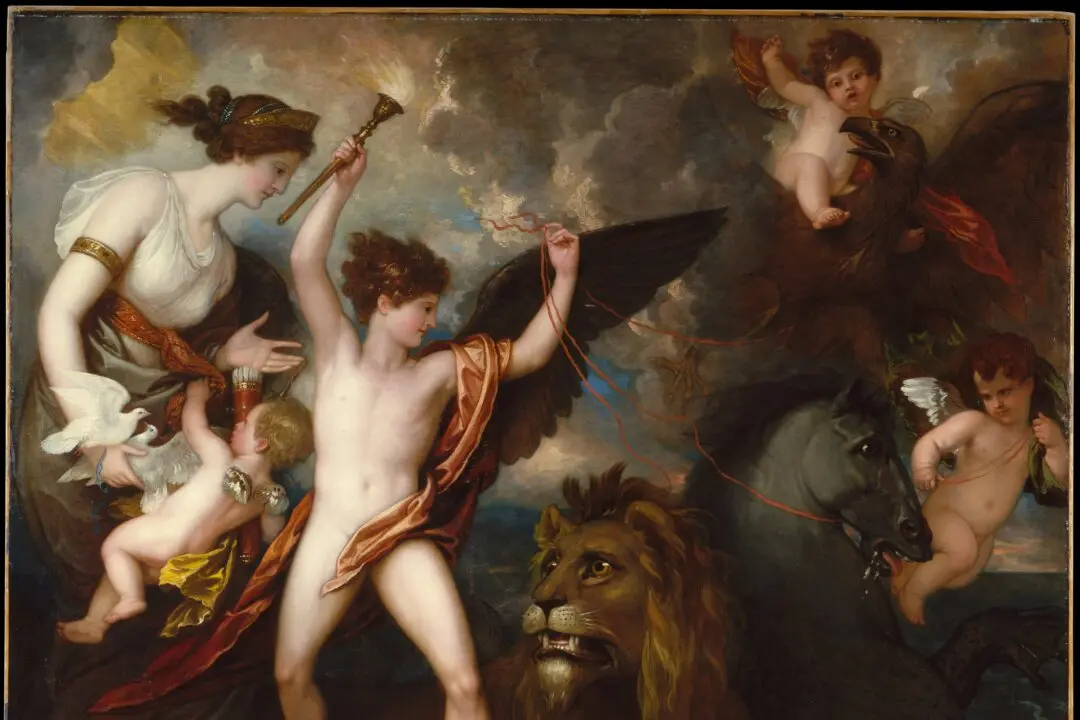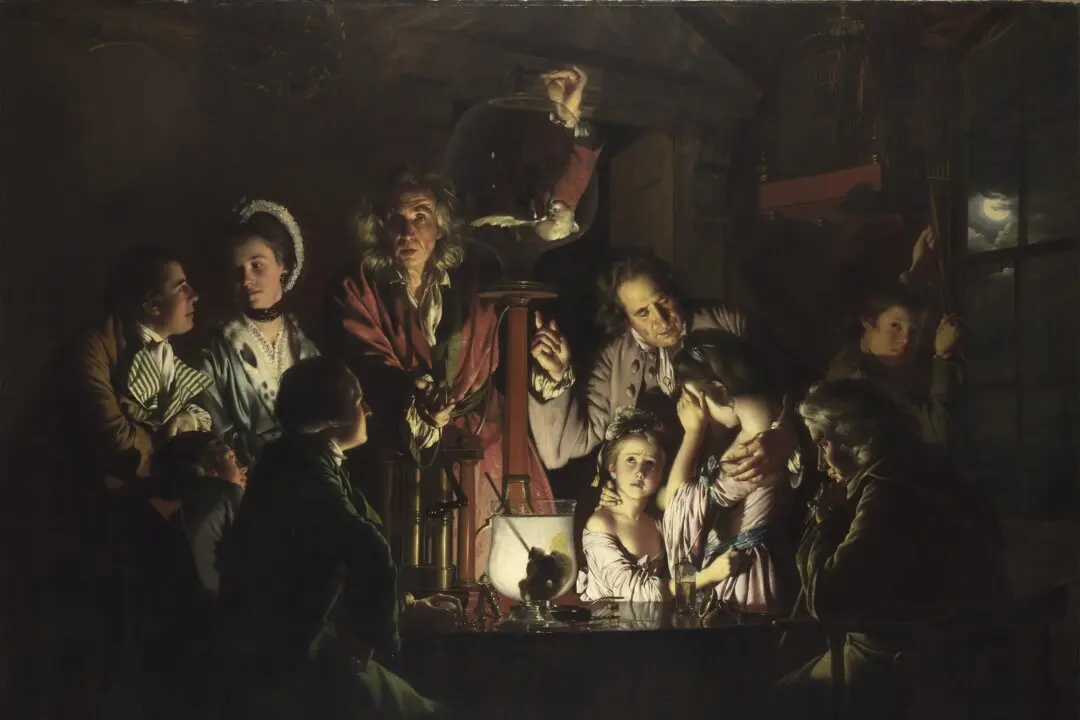Jane Austen’s last completed novel, “Persuasion,” was published in 1817, less than six months after her death. Austen wrote the book when she was around 40 years old. Up until that time, she had written about very young heroines, but “Persuasion” is the story of Anne, an unmarried 27-year-old, whom marriage seems to have passed by.
Maureen Stiller, honorary secretary of The Jane Austen Society of the United Kingdom, shares how Austen uses dashes of humor to portray different character quirks. Each character uncovers pertinent wisdom through the situations they find themselves in, wisdom that is relevant to us all, even some 200 years later.






